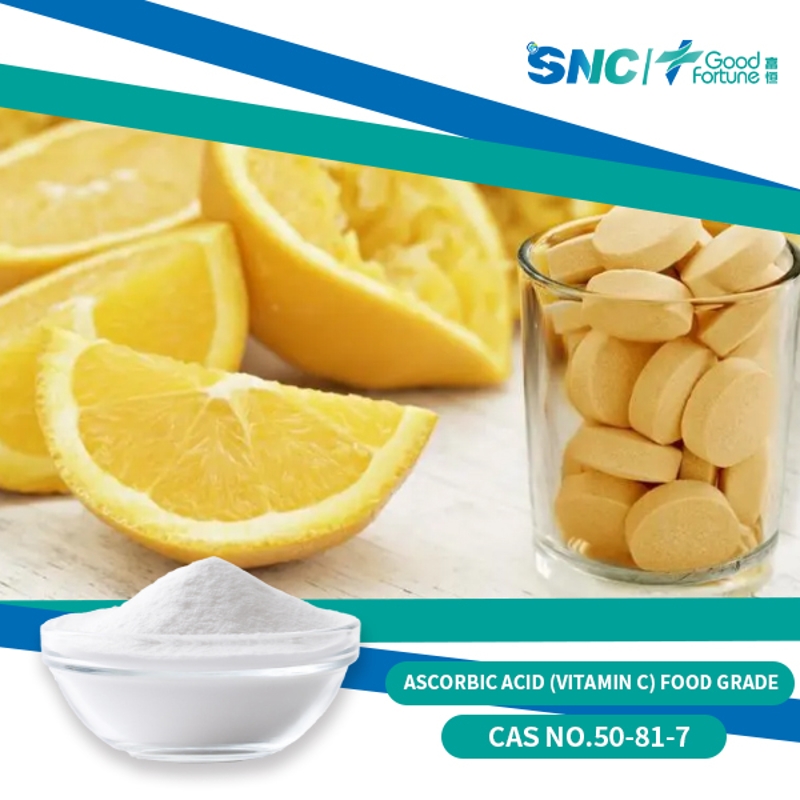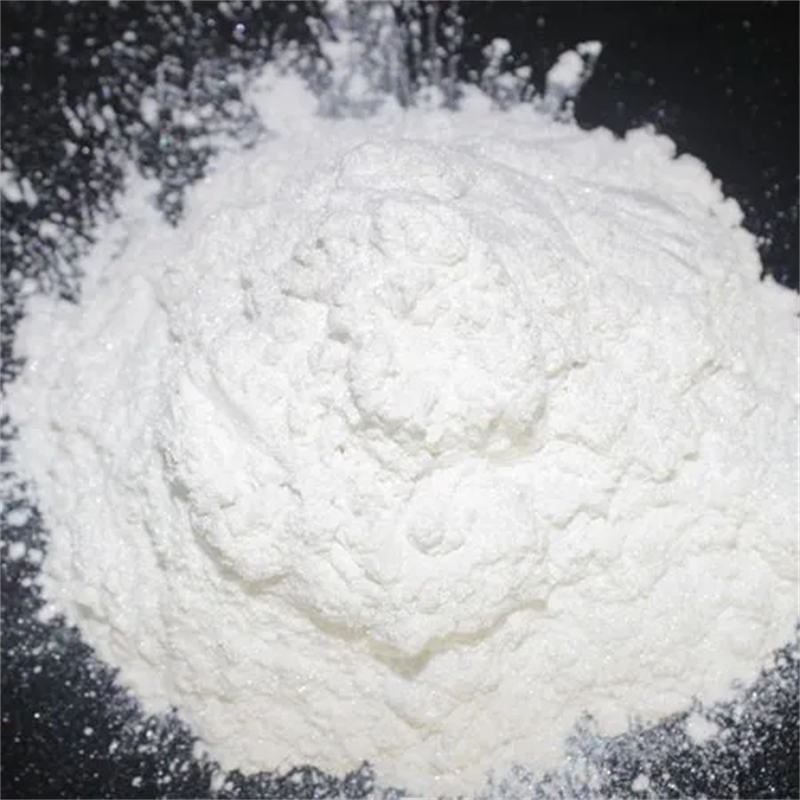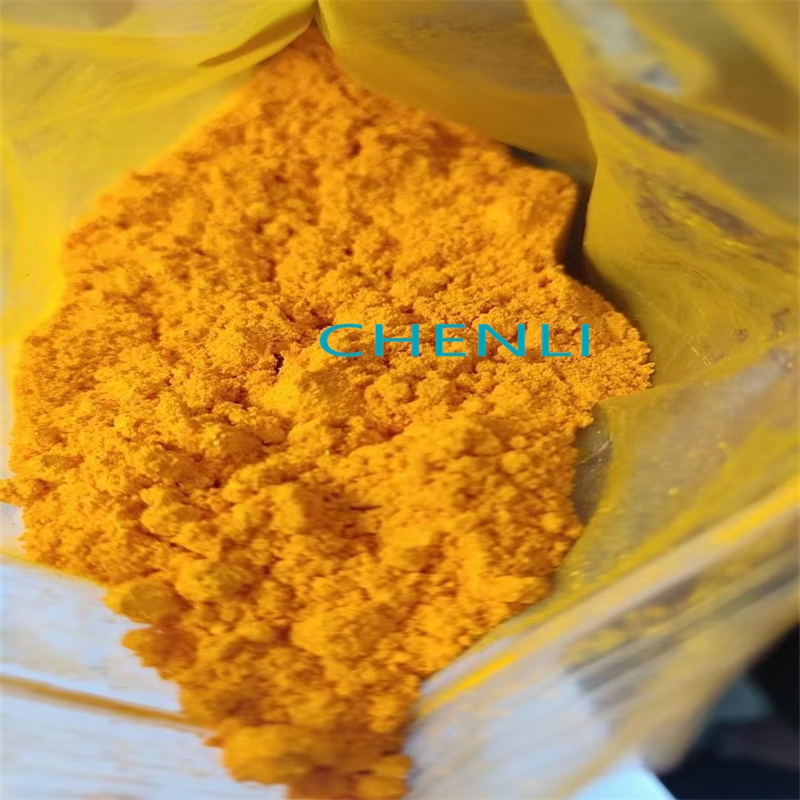-
Categories
-
Pharmaceutical Intermediates
-
Active Pharmaceutical Ingredients
-
Food Additives
- Industrial Coatings
- Agrochemicals
- Dyes and Pigments
- Surfactant
- Flavors and Fragrances
- Chemical Reagents
- Catalyst and Auxiliary
- Natural Products
- Inorganic Chemistry
-
Organic Chemistry
-
Biochemical Engineering
- Analytical Chemistry
-
Cosmetic Ingredient
- Water Treatment Chemical
-
Pharmaceutical Intermediates
Promotion
ECHEMI Mall
Wholesale
Weekly Price
Exhibition
News
-
Trade Service
Coenzyme B12, also known as cobalamin, is a vital nutrient that plays a crucial role in the functioning of the nervous system, as well as the production of red blood cells.
It is a cofactor for several enzymes in the body, including those involved in the metabolism of neurotransmitters, amino acids, and DNA synthesis.
The Instruction of Coenzyme B12 is a set of guidelines that outline the proper handling, storage, and use of this important nutrient in the chemical industry.
The first step in the Instruction of Coenzyme B12 is the proper handling of the raw materials used in its production.
This includes ensuring that the raw materials are stored in a clean, dry, and well-ventilated area and that they are free from contamination by other substances.
The raw materials are then combined in appropriate ratios and subjected to appropriate conditions to produce Coenzyme B12.
The next step in the Instruction of Coenzyme B12 is the proper storage of the finished product.
Coenzyme B12 is a sensitive nutrient that can be easily damaged by exposure to light, heat, and moisture.
Therefore, it is important to store it in a cool, dark, and dry place to maintain its potency and stability.
It is also important to ensure that the storage area is free from contamination by other substances that may interfere with the quality of the product.
The proper use of Coenzyme B12 is also outlined in the Instruction of Coenzyme B12.
This includes ensuring that it is used only in accordance with the instructions of a qualified healthcare professional and that it is not used in excessive amounts.
Coenzyme B12 is typically taken as a dietary supplement to help meet the recommended daily intake of this important nutrient.
It is also sometimes used to treat certain health conditions, such as anemia, neuropathy, and depression.
Another important aspect of the Instruction of Coenzyme B12 is the proper disposal of the product.
Coenzyme B12 should be disposed of in accordance with local laws and regulations, as well as any specific instructions provided by the manufacturer.
This may include returning the unused portion to the pharmacy or disposing of it in a sealed container in a sanitary landfill.
It is important to avoid flushing the product down the toilet or throwing it in the trash indiscriminately, as this can have a negative impact on the environment.
In conclusion, the Instruction of Coenzyme B12 is an essential set of guidelines that outlines the proper handling, storage, and use of this important nutrient in the chemical industry.
Following these instructions is critical to ensuring the safety and effectiveness of Coenzyme B12 and to avoiding any potential negative impact on the environment.







